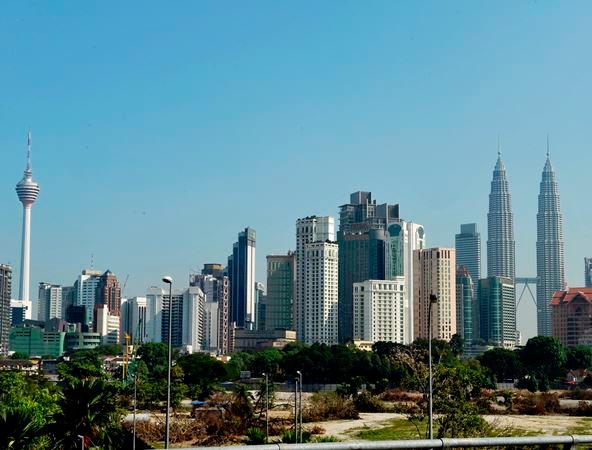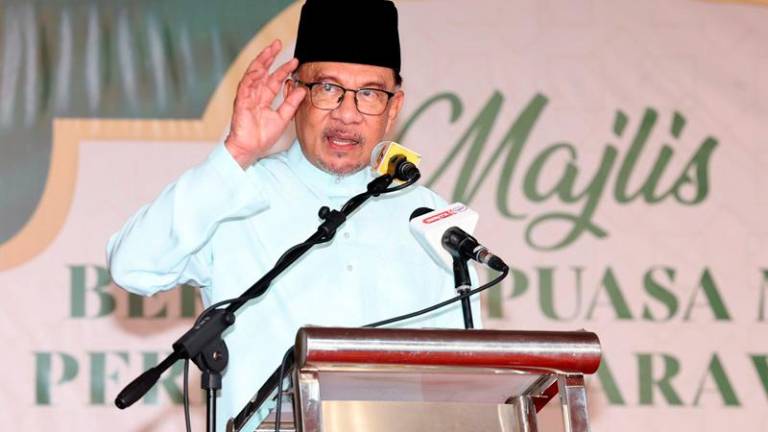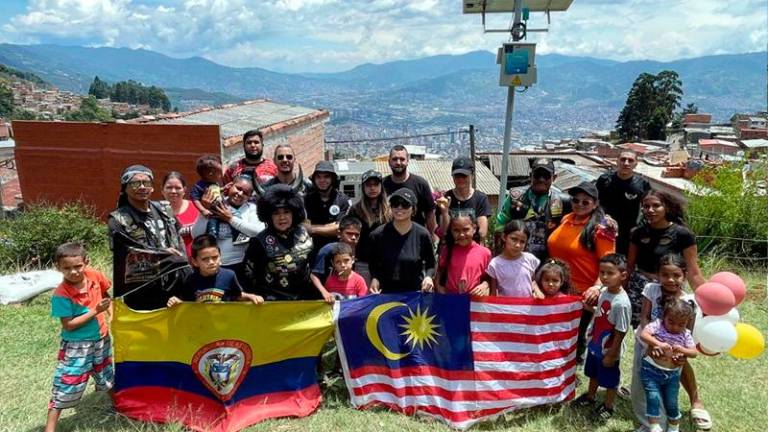KUALA LUMPUR: The Malaysian Institute of Economic Research (MIER) launched its Genuine Prosperity Index (GPI) and the Cost of Living Indicator (CLI) on Monday, which is expected to be published in the fourth quarter of the year.
MIER said the GPI, which is more popularly known as the Genuine Progress Indicator, is meant to measure economic welfare of a country by economic progress, social wellbeing and environmental impact.
“The gross domestic product (GDP) is a very useful measure of economic size and growth but it was not designed to measure true progress, wellbeing or prosperity,” it said.
MIER said that the GDP does not separate costs from benefits and distinguish between welfare enhancing activities and harmful activities.
“In addition, it also emphasises national income average and ignores income distribution as well as pollution and depletion of natural resources,” it added.
The institute noted that the GPI was developed due to the need for a national measure on whether Malaysia is moving on the path of sustainability and prosperity beyond that which is conveyed by the GDP.
Based on historical data, MIER calculated that on a per capita basis, Malaysia’s GPI in 1990 is estimated at RM4,421, which increased to RM14,222 in 2016, representing an annual growth rate of 4.29%.
On the other hand, GDP figures for 2016 was RM35,000 with an annual growth rate of 2.98% over the same period.
“Sustainable welfare in Malaysia has grown even faster than per capita GDP. Nevertheless, if GDP was used as a proxy for welfare it has actually overestimated genuine welfare by as much as 146%,” it said.
Separately, MIER announced that it has undertaken a feasibility study and business, investment and financial planning for a national electric car company on behalf of a private investor.
“Our findings and business will be presented to the Prime Minister and it will be up to him to decide if this would be named as the third national car company,” said MIER chairman Tan Sri Kamal Salih.
He said that the group plans to proceed as a local electric car manufacturer even if it is not chosen as the third national car company and that the investor has earmarked RM5 billion for the venture.
Kamal said the electric car project is one of the seven high technology sector projects that would transform the Malaysian economy, as identified by MIER.
The other projects are solid state hydrogen, 5G national roll out, biojet fuel from palm oil, agrodome technology, hyperloop freight transport and gold equity plan.
On Monday, MIER signed a memorandum of understanding (MoU) with its strategic partner Elenvi Otomotif Sdn Bhd for a proposed development of a 400-acre manufacturing facility in Enstek Industrial Park, Negri Sembilan.
The institute also signed a number of MoUs relating to the seven high technology sectors it has identified.














